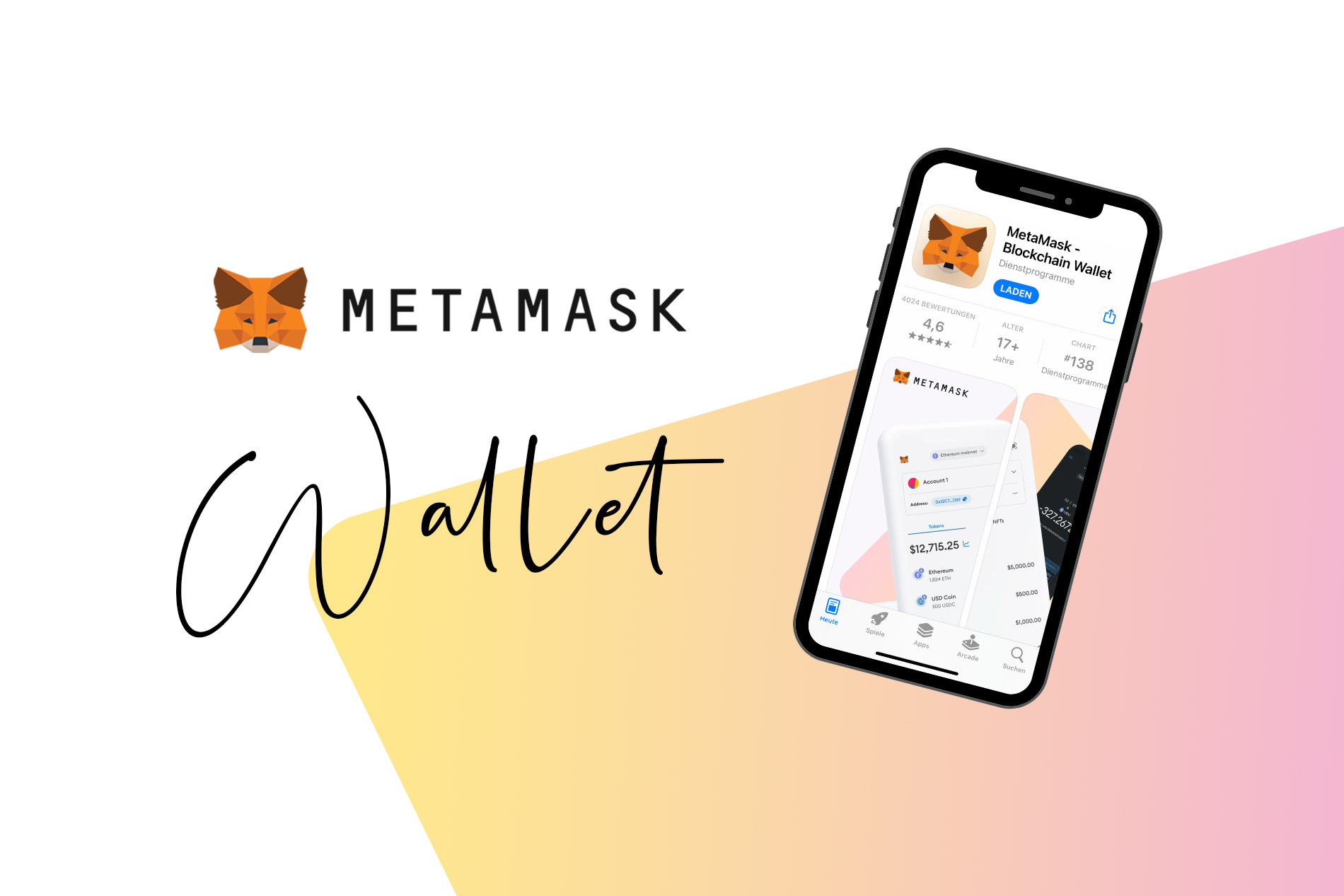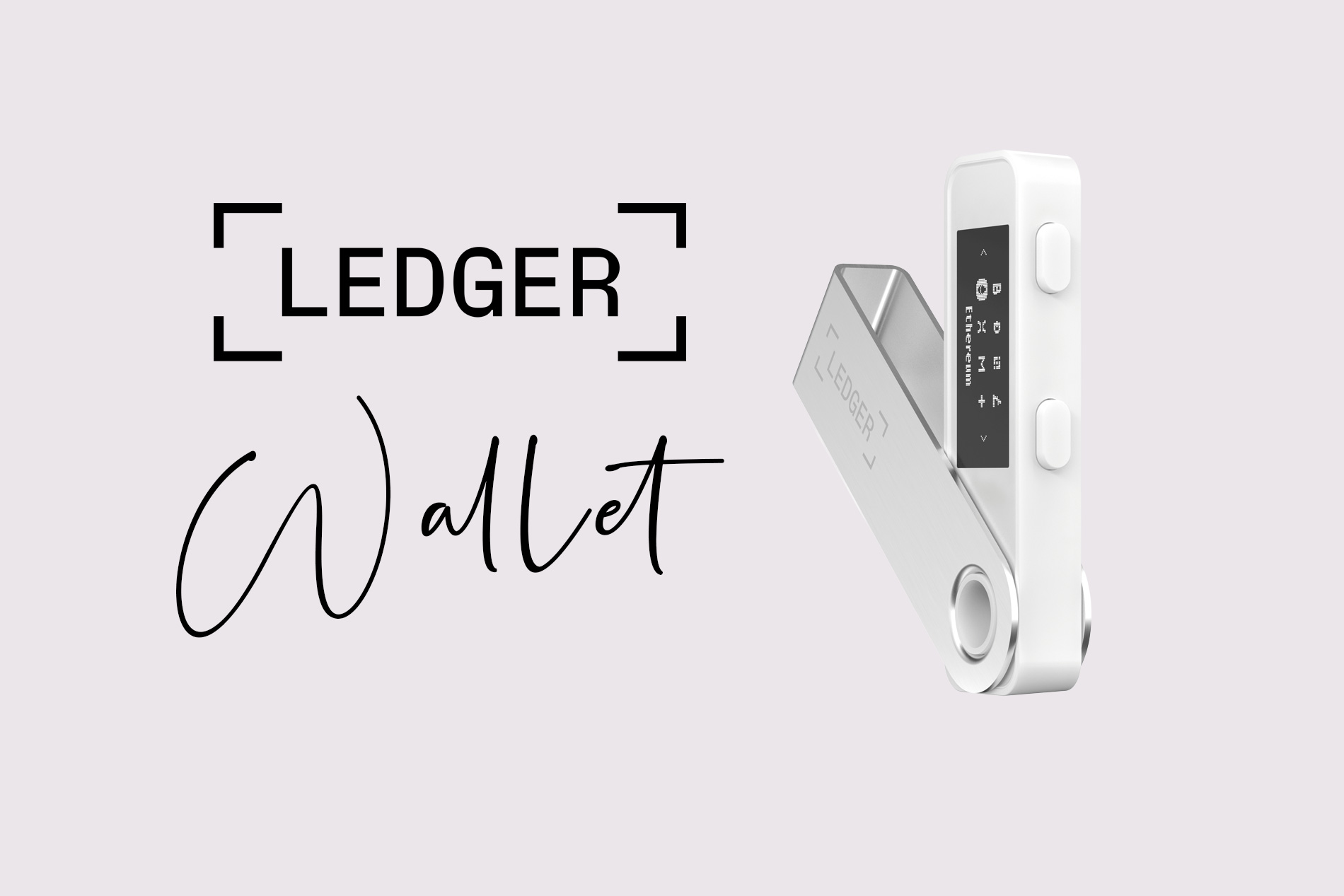What is a so-called wallet?
If you've already dealt with Web3, you know that its architecture makes it decentralized, which leads to a crucial difference in the processes we're used to: Nowadays, you have to re-register with each platform you want to use, such as Instagram, Twitter or TikTok, and create a separate account for it, because each of these applications accesses its own database where your credentials and data are stored. Since Web3 is based on blockchain technology and can be understood as a single large database, all Web3 applications access the same pool of data, eliminating the need for multiple registrations. In order to identify yourself within Web3, you therefore need a kind of ID card. And that's where the wallet comes in. With the help of a wallet, you can identify yourself to all Web3 applications without having to create a separate account each time. Additionally, the wallet is used to securely store NFTs and cryptocurrencies.
Types of wallets
Wallets are classified into two types: The so-called "Hot" or Software Wallets and "Cold" or Hardware Wallets.
Software Wallets
Software wallets are applications or programs that you install on your computer, smartphone, or tablet. They are usually free and easy to use. Two of the most well-known providers of software wallets are MetaMask and Coinbase Wallet.
Software wallets are particularly suitable for beginners because they are easy to set up and usually free. However, compared to hardware wallets, they are less secure and more susceptible to malware and phishing attacks. For beginners who want to become familiar with Web3 and gain initial experience, software wallets are a good choice. In our blog post "Setting up a MetaMask Wallet in three simple steps," we explain how to create a free MetaMask wallet with minimal effort.
In this blogpost you will learn how to set up a free MetaMask wallet in three easy steps.
Hardware Wallets
You can think of hardware wallets as a kind of USB stick that you have to connect to your computer to identify yourself to Web3 applications and manage your NFTs and cryptocurrencies. Because they are not permanently connected to the internet, they are also called "cold" wallets. Compared to software wallets, which are installed on a PC or smartphone and therefore connected to the internet most of the time, hardware wallets are considered particularly secure.
One of the most well-known manufacturers of hardware wallets is the company Ledger, which is also considered a industry leader in terms of the security of their hardware wallets. With the Ledger Nano S, they also offer the first and so far only certified hardware wallet (Source: Ledger). So, if you decide to go for a hardware wallet, we can recommend this one for the reasons mentioned. You can find out more about the Ledger Nano S Plus and how to set it up step by step in our separate blog post Set up Ledger Nano S Plus.
Learn how to set up a Ledger Nano S Plus and perform the necessary installations in Ledger Live in our step-by-step guide.
What happens if I lose my wallet?
If you lose your wallet, your NFTs and other digital assets are not necessarily lost, as long as you have securely stored your recovery phrase (also known as "seed phrase"). With this information, you can restore your wallet on a new device.
What is a seed phrase and why is it important?
The so-called "seed phrase" or "recovery phrase" is a list of words that can be used to restore your wallet if you lose access to it. It's important to keep the seed phrase safe and offline, as anyone with access to it can restore your wallet and steal your digital assets. It's the most crucial part of your wallet and should never be shared with anyone else!
Can I have multiple wallets?
Yes, you can use multiple wallets simultaneously. Many users choose to use different wallets for different purposes, such as one for daily use and another for long-term storage of valuable NFTs.
Can I use my wallet on multiple devices?
It depends on the type of wallet. Software wallets can often be used on multiple devices, but you need to use your seed phrase to set up your wallet on another device, which increases the risk of hacking attacks. On the other hand, hardware wallets can be easily connected to different devices without needing to use your seed phrase.
Are wallets anonymous?
Wallets provide a certain level of anonymity as they do not store personal information. However, transactions and interactions with Web3 applications are publicly visible on the blockchain and can potentially be traced back.
Conclusion
As you can see, a wallet is essential if you want to get involved with Web3 and NFTs. It provides security and control over your digital assets and identities. Whether you choose a software wallet or a hardware wallet depends on your personal requirements and security needs.



